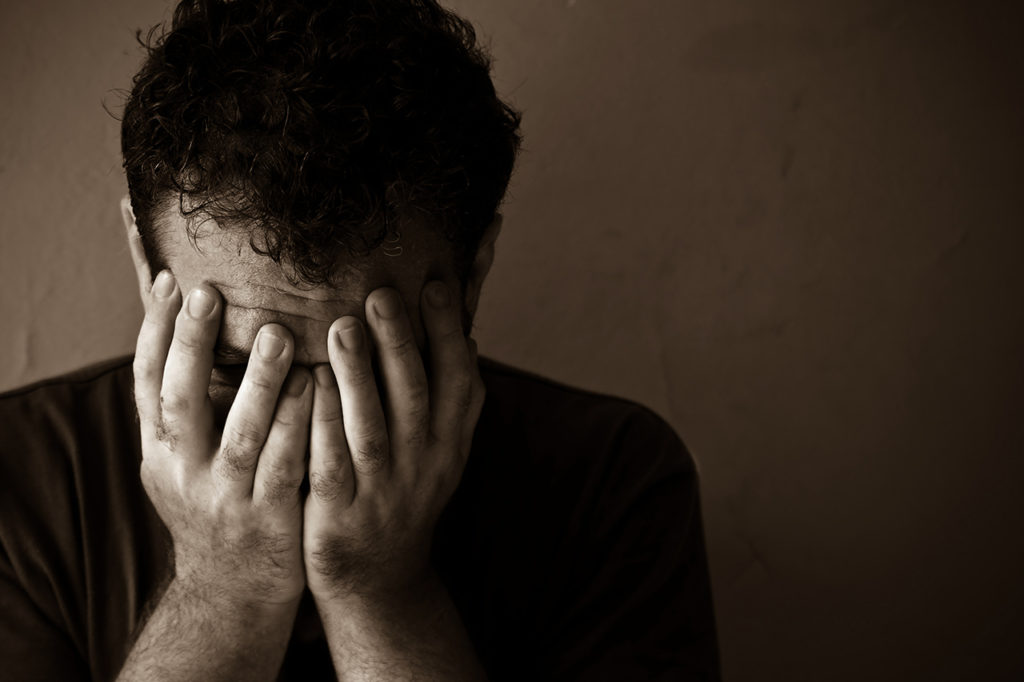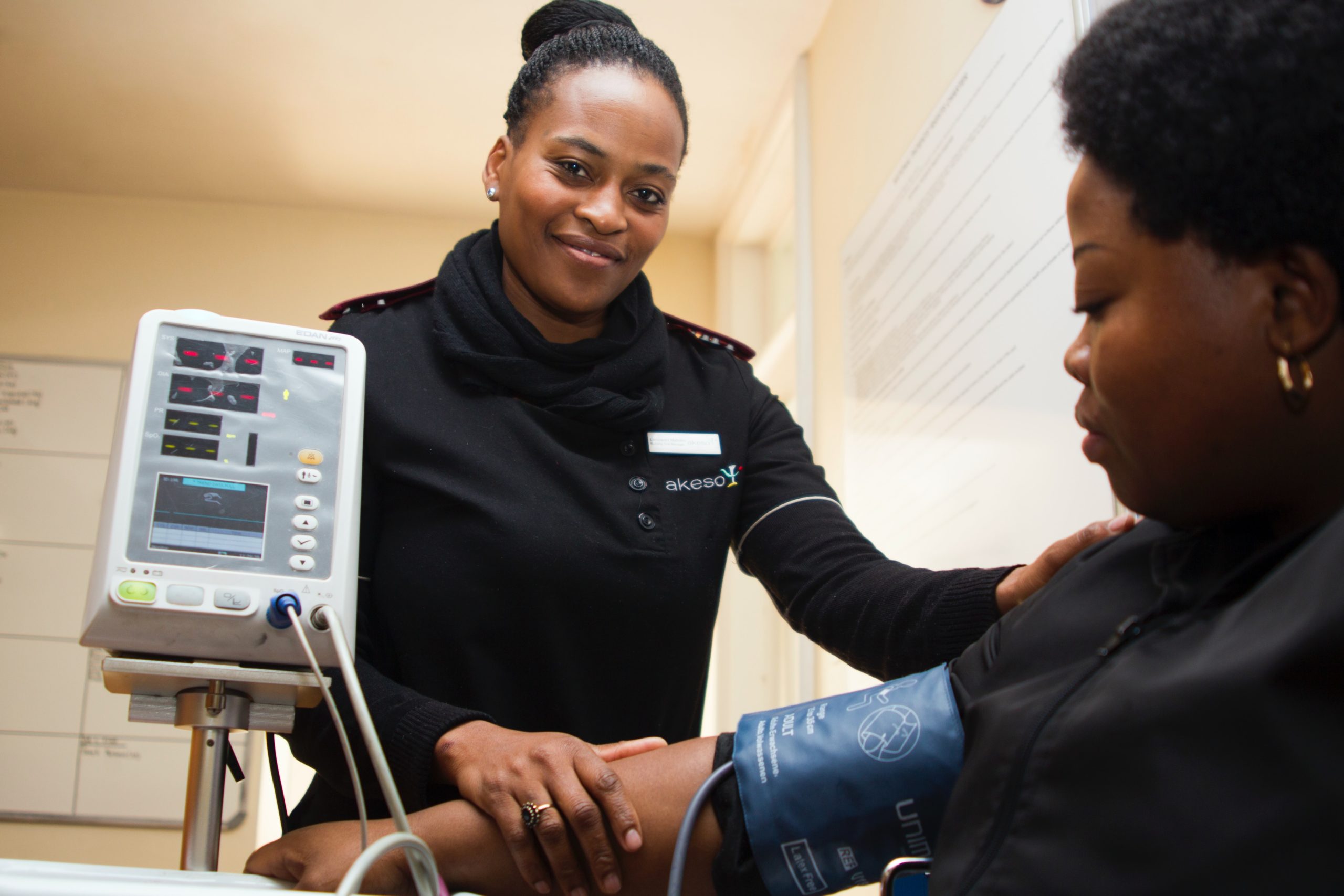An extremely stressful or disturbing event can leave us with feelings of helplessness, out of control emotions, and traumatized. Most people who go through traumatic events may feel stressed or frightened, even when not in danger. Psychological trauma can be far-reaching and debilitating as it can affect both our mental and physical capabilities. It may leave us struggling with upsetting emotions, memories, and anxiety. It can also leave us feeling numb, disconnected, and unable to build trust with other people. Learning healthy strategies for dealing with post-traumatic stress is possible. The following tips can help you work towards healthy recovery, heal from trauma, and move on with your life.
Educate Yourself and Others
The more you know about trauma, the better equipped you will be to help yourself and others suffering from trauma. By learning about the condition, you can keep things in perspective and better understand its symptoms, effects, and treatment options.
Get Moving
Trauma disrupts our body’s equilibrium and destroys our sleeping patterns, making it harder to maintain our emotional balance. Having a healthy body accompanied by a healthy lifestyle can increase your ability to cope with the stress of trauma. Get plenty of quality sleep and eat a well-balanced diet. Burning off adrenaline, releasing endorphins and exercising can also reduce stress and help repair your nervous system.
Don’t Isolate
People who struggle from trauma often do so in isolation, finding it hard to reach out. You may tend to withdraw from social activities and your loved ones. But isolation only makes things worse.
It is important to seek out support from a trusted family, friend, or counsellor. Anyone with whom you can share your feelings face-to-face and someone who can listen attentively without judgement. You do not have to talk about the trauma if you don’t want to, but support and companionship from loved ones are vital to your recovery.
Give Yourself Time
Each person has a unique response to trauma. Recovery takes time and often involves setbacks. Be patient with yourself, and don’t be harsh on yourself for needing time and support to recover from trauma.
Many people find that the stress they experienced following a traumatic event gradually reduces after about a month. However, if the stress is too much or has been going on for too long, you may need to see a professional. Having a trained person guiding you towards recovery is a key element to long-term success.
As we deal with the effects of traumatic events, this is the only time where we can truly make healing changes and move on with our life. Once we overcome it, we can finally have a sense of renewal, hope, and control over our lives.
Learn. Connect. Get Moving. With the right support, things will get better.
Join my team and me to learn more about Post-Traumatic Stress and how to manage it through proper First Aid management.







